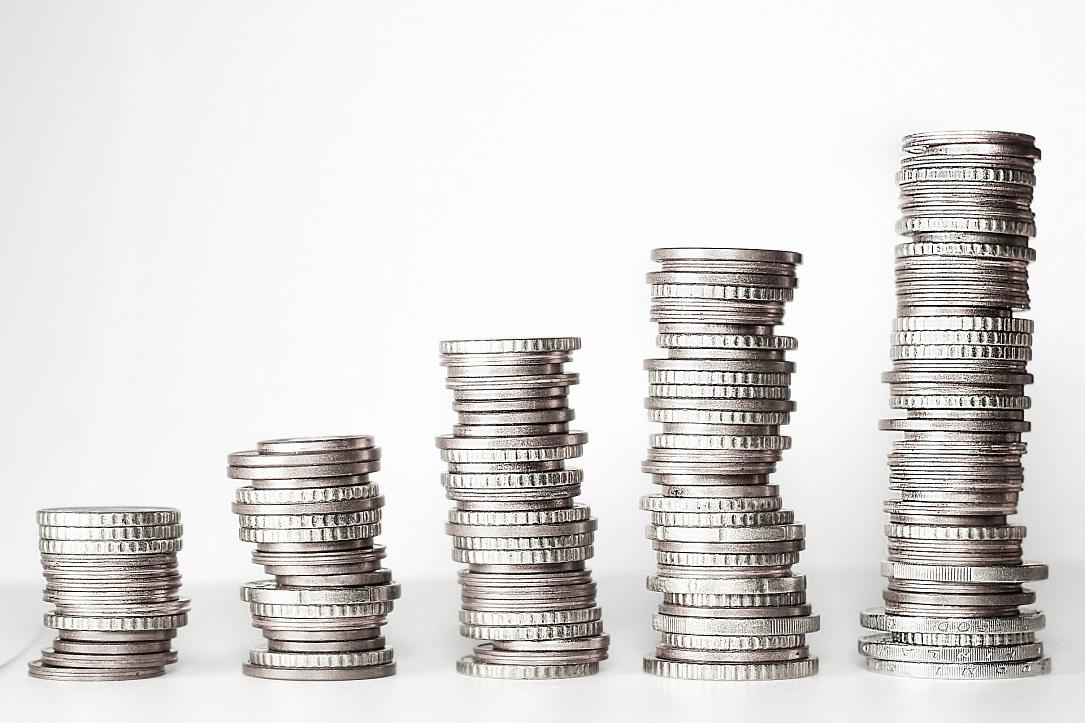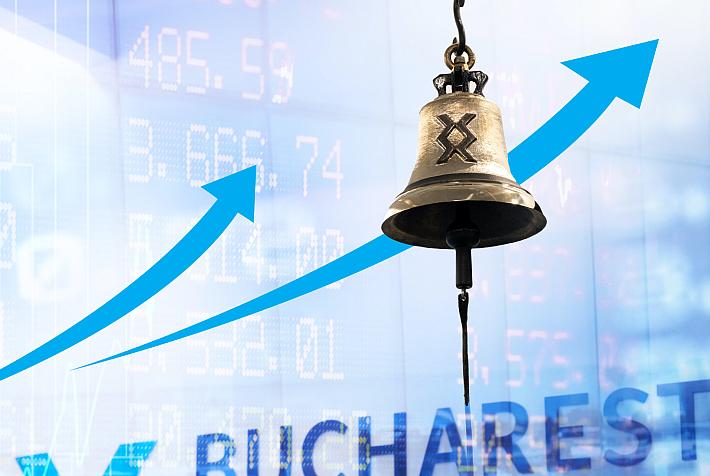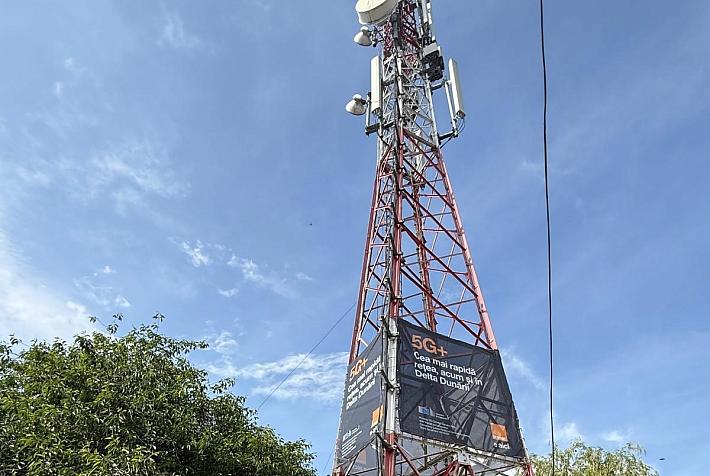Press Release: VAT Rates Across the World

The value-added tax (VAT), also known in some countries as the goods and services tax, is a consumption tax that applies to almost all sold goods or services and it is payable to the revenue authorities in the country where the transaction takes place.
Countries typically impose a standard rate as well as a reduced rate for goods and services according to their type. The VAT rates across the world differ and while some countries like Singapore impose a low goods and services tax, others have a high standard rate for most types of goods and services.
Countries with low VAT rates
Singapore and Bahrain are examples of countries that impose a low tax on goods and services, at 7% for Singapore and 5% for Bahrain. In addition to this low tax, certain types of goods and services are zero-rated or completely exempt from the tax. For example, in Bahrain financial services are exempt from VAT while basic foodstuffs, healthcare, medicine, and medical equipment, among others, are zero-rated. In Singapore, exports and international services are also subject to a zero goods and services tax (GST) rate.
The table below lists some of the countries with the lowest VAT/GST rates in the world:
- Bahrain: 5%;
- Saudi Arabia: 5%;
- United Arab Emirates:5%;
- Canada: the Canadian Federal GST has a value of 5%;
- Singapore: 7%;
- Thailand: 7%;
- Liechtenstein: 7.7%;
- Sri Lanka: 8%;
- Fiji: 9%;
- Australia, Indonesia, Paraguay and Vietnam: 10%;
- Lebanon: 11%;
- Botswana and Ecuador: 12%;
- China: 13%;
- Egypt: 14%;
- New Zealand, South Africa: 15%.
Certain jurisdictions, such as the Cayman Islands, Gibraltar, or Hong Kong do not impose this tax.
Countries with high VAT rates
Countries with a value-added tax above 15% and more are listed below:
- Mexico, Venezuela and Zambia: 16%;
- Pakistan and Mozambique: 17%;
- Turkey: 18%;
- Romania, Chile and Colombia: 19%;
- Germany: a standard rate of 19% temporarily reduced to 16% in response to the COVID 19 pandemic;
- Russia: 20%;
- Latvia, Montenegro, the Netherlands, Belgium and Spain: 21%;
- Slovenia: 22%;
- Poland and Portugal: 23%;
- Iceland, Finland and Greece: 24%;
- Norway and Sweden: 25%.
Please keep in mind that the values listed herein are for the standard VAT or GST rate. Countries impose reduced rates for this tax and certain type of goods and services can be zero-rated or exempt altogether.
The applicable tax rates can be an important criterion when choosing a jurisdiction to base a business. While value added tax varies, it is important to also take into account other business-specific taxes, such as the corporate income tax for a broader understanding of the local corporate taxation. We recommend verifying these rates, as well as the other applicable business taxes before moving forward with important business decisions.
This is a press release. Here you can order press releases on this site.











